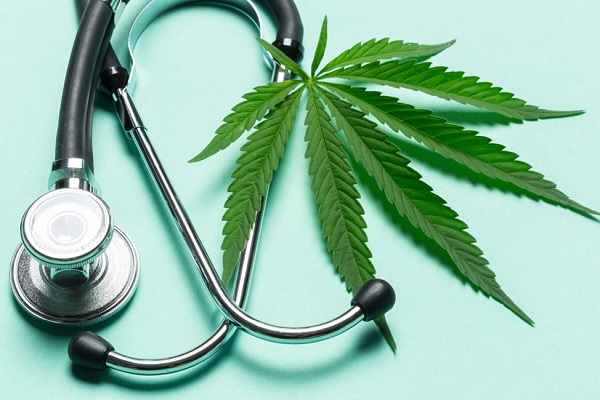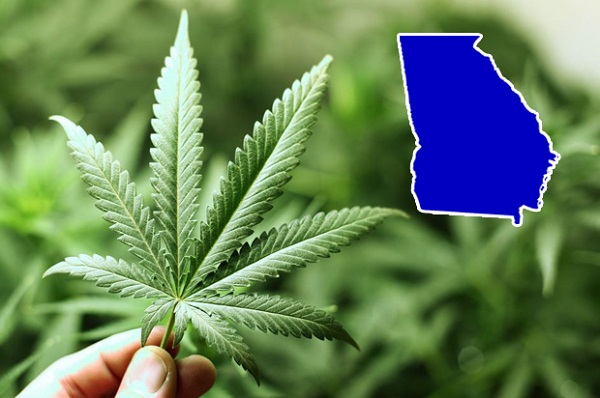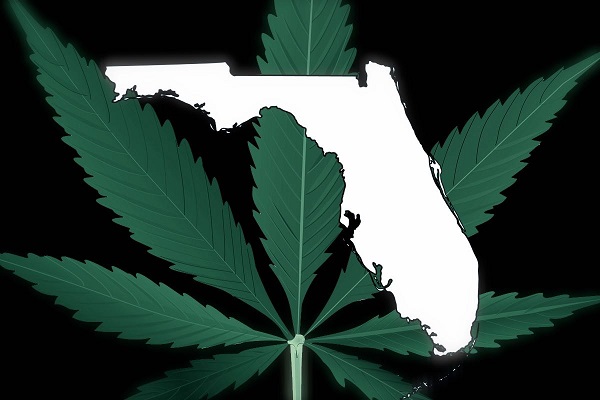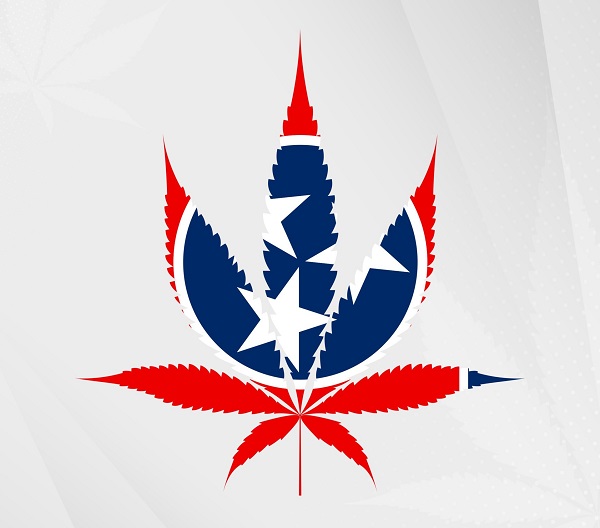As cannabis legalization continues to sweep across various regions, the perception of THC (tetrahydrocannabinol) and its benefits has evolved dramatically. Traditionally considered a prohibited substance with potential risks, THC, the psychoactive compound found in marijuana, is now gaining recognition for its medicinal properties and therapeutic potential. The changing attitudes towards cannabis have opened up doors for those seeking to explore its benefits without the requirement of a medical card.
For decades, medical cards served as the primary gateway to accessing THC legally. They provided patients with qualifying medical conditions access to cannabis products in states and countries with legalized medical marijuana programs. However, not everyone can easily obtain a medical card due to varying eligibility criteria, bureaucratic processes, and sometimes the absence of such programs altogether.
In this article, we delve into the intricacies of obtaining THC without a medical card, examining the legal landscape surrounding cannabis use for recreational and medical purposes.
Legal Recreational Marijuana vs. Medical Cards
If you’re new to the world of cannabis and looking for lower-dose products, you might be wondering whether you need a medical marijuana card to access what you need. The good news is that in many places where recreational marijuana is legal, you can find products with lower THC doses at recreational dispensaries, and you won’t need a medical marijuana card to purchase them. All you’ll need is a state-issued ID to prove you’re 21 or older.
However, there’s another important option to consider – cannabidiol (CBD) hemp products. These products, containing less than 0.3% THC, are federally legal, and you can find them over-the-counter and online in almost every state without the need for a medical card. CBD hemp products can include CBD, CBDa, CBN, and CBG, offering you a wide range of choices to explore.
If you’re new to cannabis and living in a fully legal state with both recreational and medical marijuana options, it’s a wise idea to seek guidance from a cannabis-trained clinician before making any decisions. They can provide valuable advice on the best routes, ratios, and products that suit your specific needs.
You might be wondering why some products seem more readily available on the recreational side than the medical side. Companies often focus on producing more products for the recreational market because it’s more profitable. As a result, it might be a bit challenging to find products made specifically for medical use.
When a Medical Card Makes Sense
A medical marijuana card, also known as MMJ card, can be beneficial and make sense in various situations where individuals may benefit from using medical cannabis under the supervision of a healthcare professional. Here are some scenarios when obtaining a medical card might be a sensible decision:
- Qualifying Medical Condition: If you have a qualifying medical condition that could potentially benefit from medical cannabis treatment, a medical card might be appropriate. Qualifying conditions may include chronic pain, cancer, epilepsy, multiple sclerosis, glaucoma, PTSD, Crohn’s disease, and others, depending on the laws in your jurisdiction.
- Alternative Treatment Option: When conventional treatments have not provided sufficient relief or have caused significant side effects, medical cannabis can be considered as an alternative treatment option. If you and your healthcare provider believe that cannabis could be a viable option, a med card might be worth considering.
- Legal Access: In locations where recreational marijuana is not yet legal or restricted, a med card provides a legal pathway for eligible patients to access medical cannabis products from licensed dispensaries.
- Higher THC Limits: Medical marijuana programs often offer higher THC limits for patients compared to recreational cannabis, which can be beneficial for those requiring stronger doses for symptom management.
- Age Restrictions: Some jurisdictions may have age restrictions on recreational marijuana use, but medical marijuana cards might be available to younger patients with qualifying conditions.
It’s important to note that the decision to pursue a medical marijuana card should be made in consultation with a qualified healthcare professional. A healthcare provider can assess your medical condition, consider potential benefits and risks, and help you determine if medical cannabis is a suitable treatment option for your specific needs.
Medical Card Qualifications
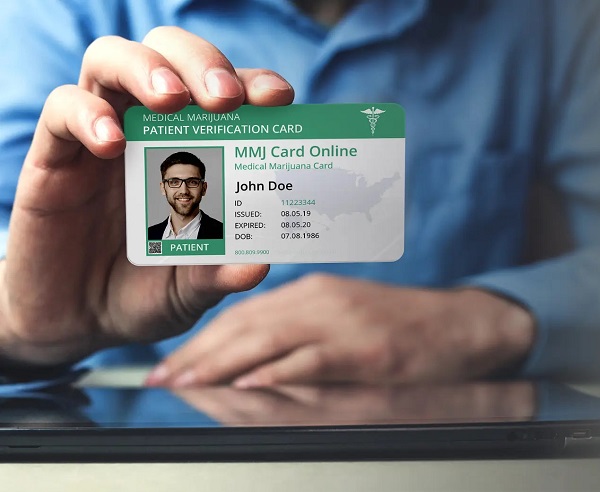
MMJ card qualifications refer to the specific criteria that individuals must meet to be eligible to obtain a medical marijuana card. Medical marijuana cards are issued by states or countries that have legalized medical cannabis use, allowing qualified patients to access marijuana for medical purposes under the supervision of a healthcare professional. The qualifications for obtaining a medical marijuana card can vary significantly depending on the jurisdiction, but some common elements include:
- Medical Condition: Generally, to qualify for a medical marijuana card, a patient must have a qualifying medical condition. These conditions can vary from one location to another but often include chronic pain, cancer, epilepsy, multiple sclerosis, glaucoma, HIV/AIDS, Crohn’s disease, and other debilitating or chronic conditions.
- Proof of Residency: In many cases, applicants must be residents of the state or country where they are applying for a medical marijuana card. Proof of residency, such as a valid driver’s license or utility bill, is often required.
- Medical Records and Documentation: Patients are usually required to provide medical records and documentation from a licensed healthcare provider to confirm their medical condition and demonstrate that they have tried conventional treatments with limited success.
- Physician’s Recommendation: Patients typically need a recommendation or certification from a qualified healthcare professional (e.g., a doctor or nurse practitioner) stating that medical cannabis is a suitable treatment for their condition.
- Age Requirement: Applicants must be of legal age to apply for a medical marijuana card, which is often 18 years or older. Some jurisdictions may have special provisions for minors requiring parental or guardian consent.
- Application and Fees: Applicants need to complete the required application form and pay any associated fees to apply for a medical marijuana card.
- Background Checks: In some locations, applicants may undergo background checks to ensure they do not have a history of drug-related offenses.
It is essential to note that the qualifications for obtaining a medical marijuana card can change over time as laws and regulations are updated. Additionally, the specific list of qualifying medical conditions and other requirements can vary significantly from one jurisdiction to another.
The Benefits and Limitations of a MMJ Card
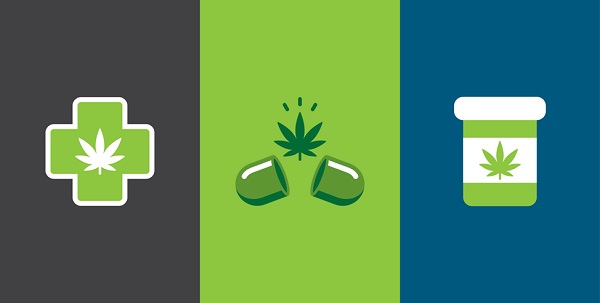
In states where medical marijuana is legal, a medical marijuana card provides certain benefits and privileges to qualified patients. However, it’s essential to understand that the specific provisions and limitations of a med card can vary from one state to another. Here are some common things that a med card typically provides and some things it does not do:
What a Med Card Provides:
- Legal Access to Medical Cannabis: A med card allows qualified patients to legally purchase and possess medical cannabis products from licensed dispensaries in states where medical marijuana is legal.
- Higher THC Limits: In some states, medical marijuana cards may grant patients access to cannabis products with higher THC content, which may be necessary for certain medical conditions.
- Protection from Arrest: Possessing a valid med card can protect patients from criminal charges related to the possession and use of medical cannabis for their qualifying medical condition.
- Access to a Wider Range of Products: Medical marijuana dispensaries often carry a broader variety of products specifically tailored to medical use, offering patients more options for their treatment.
- Personalized Medical Advice: With a med card, patients can consult with healthcare professionals who are knowledgeable about medical cannabis, receiving personalized advice on dosage, strain selection, and potential interactions with other medications.
- Age Exemptions: Some states have age restrictions for recreational marijuana use, but med cards may provide exemptions for younger patients with qualifying medical conditions.
- Tax Breaks: In certain states, medical marijuana purchases may be exempt from certain taxes, making it more cost-effective for patients.
What a Med Card Doesn’t Do:
- Grant Access to Recreational Marijuana: A med card does not allow patients to purchase or use recreational marijuana products. It is specifically for obtaining and using medical cannabis for qualified medical conditions.
- Override Federal Law: Even in states where medical marijuana is legal, cannabis remains illegal under federal law. A med card does not provide protection against federal law enforcement, although federal enforcement actions are rare in states with legal medical marijuana programs.
- Allow Use in All Places: While possessing a med card provides legal protections in many situations, it does not grant the right to use medical cannabis in all places. Some areas may have restrictions on cannabis use in public spaces or certain establishments.
- Provide Employment Protections: Having a med card does not guarantee employment protections for cannabis use. Employers may still have drug policies that prohibit marijuana use, even for medical purposes.
- Authorize Unrestricted Cannabis Use: A med card only permits the use of medical cannabis for the specific medical conditions approved by the state’s medical marijuana program. Using medical cannabis for non-approved conditions may still be illegal.
It is crucial for individuals with a medical marijuana card to be aware of their state’s laws and regulations regarding medical cannabis use. Always follow local laws and guidelines and consult with healthcare professionals for personalized advice and recommendations on medical cannabis use.
How to Apply for a Medical Card
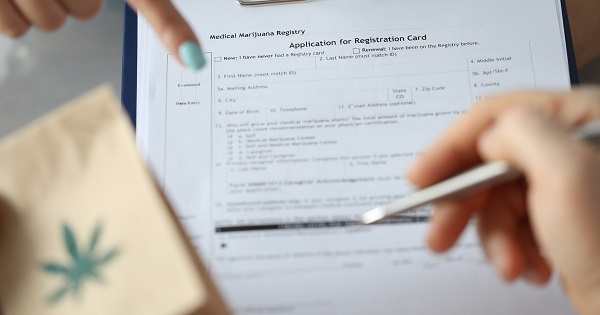
Applying for a medical marijuana card involves several steps that can vary depending on the state or country where you reside. Below is a general guide on how to apply for a med card:
- Check Eligibility: First, determine if you meet the qualifying criteria for obtaining a medical marijuana card in your jurisdiction. Common requirements include having a qualifying medical condition and being a resident of the state or country.
- Gather Medical Records: Collect relevant medical records and documentation that confirm your qualifying medical condition. These records should be from a licensed healthcare provider who has diagnosed and treated your condition.
- Find a Qualified Healthcare Provider: Search for a healthcare professional who is authorized to recommend medical marijuana in your area. This could be a doctor, nurse practitioner, or other healthcare specialist, depending on local regulations.
- Schedule an Evaluation: Make an appointment with the qualified healthcare provider to discuss your medical condition and potential benefits of medical cannabis treatment. During the evaluation, be open and honest about your symptoms and previous treatments.
- Obtain a Recommendation: If the healthcare provider determines that medical cannabis is a suitable treatment for your condition, they will issue a written recommendation or certification. This document will be essential for your med card application.
- Submit an Application: Complete the official application form for a medical marijuana card provided by your state or country’s health department. The application may be available online or in-person at specific locations.
- Provide Supporting Documents: Attach the healthcare provider’s recommendation, your medical records, proof of residency, and any other required supporting documents to your application.
- Pay Application Fees: Pay the required application fees as specified by your state or country’s regulations. The fees can vary, so check the current costs before submitting your application.
- Wait for Approval: After submitting your application and payment, wait for the state or country’s health department to review and process your application. The processing time may vary, so be patient.
- Receive Your Med Card: If your application is approved, you will receive your medical marijuana card in the mail or through another specified method. Keep the card with you whenever you purchase or possess medical cannabis products.
Will a Medical Card Restrict Your Right to Own Firearms?
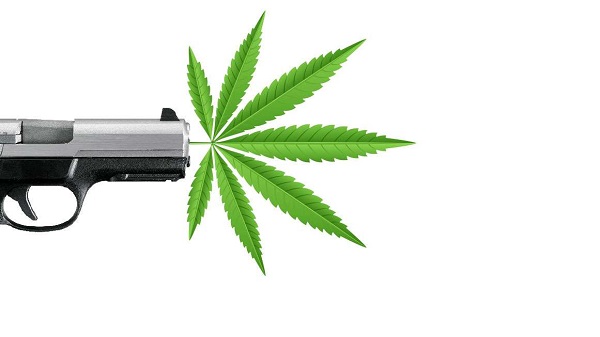
The issue of owning firearms and possessing a medical marijuana card can be complex and varies depending on the jurisdiction and the laws in place. In the United States, the intersection of federal and state laws creates unique challenges and potential restrictions for medical marijuana cardholders who also wish to own firearms.
Under federal law, marijuana is classified as a Schedule I controlled substance, and the possession of firearms by illegal drug users is prohibited. As medical marijuana is still considered illegal at the federal level, some federal agencies, such as the Bureau of Alcohol, Tobacco, Firearms, and Explosives (ATF), have issued guidelines stating that individuals who are “unlawful users of or addicted to” controlled substances, including marijuana, are prohibited from purchasing or possessing firearms.
In states where medical marijuana is legal, there can be conflicting regulations regarding gun ownership and medical marijuana use. Some states have specific laws that address this issue, while others do not provide clear guidance, leaving it to the discretion of federal authorities.
As a result, some medical marijuana cardholders have reported encountering challenges or restrictions when attempting to purchase or possess firearms legally. It’s important to be aware that providing false information on federal firearm purchase forms can result in serious legal consequences.
How a Medical Card and a Prescription Are Different
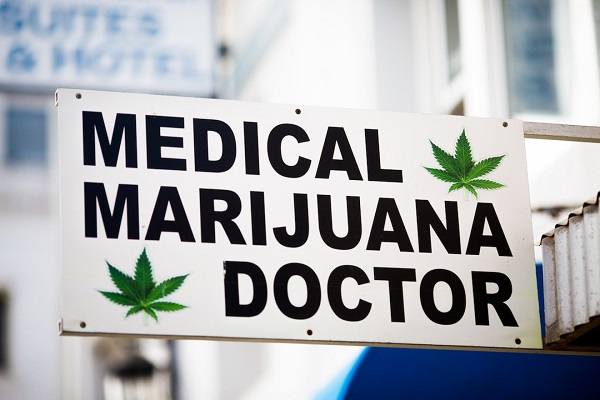
Obtaining a medical marijuana card is different from getting a prescription from your primary care doctor. The evaluation process for a med card is focused on determining your eligibility based on your health history and qualifying conditions, rather than providing specific guidance on products and dosages.
When you have a med card consultation, the doctor’s certification only verifies your qualification for the card. It does not give detailed recommendations on which cannabis products to use or how much to take for your health condition.
To receive guidance on using cannabis for your specific health condition, it’s essential to inquire during the med card consultation whether the provider offers such services. If not, you may want to consider seeking out cannabis clinicians who specialize in providing personalized guidance for medical cannabis treatment.
Patients Living in States Without Legal Cannabis
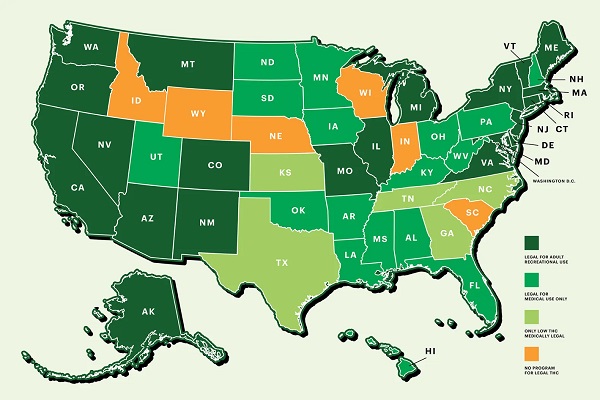
For patients living in states where cannabis is not legally available, accessing medical cannabis can be challenging due to the lack of a legal framework for its use. However, there are some options and considerations for these individuals:
- Explore CBD Products: In some states, certain non-psychoactive CBD (cannabidiol) products derived from hemp may be legally available. These products typically contain minimal levels of THC and are widely available over-the-counter and online.
- Travel to Legal States: Patients in states without legal cannabis may consider traveling to neighboring states where medical cannabis is legal to obtain treatment. However, it is crucial to understand the legal implications and restrictions related to transporting cannabis across state lines.
- Clinical Trials and Research Studies: Some patients may qualify to participate in clinical trials or research studies exploring the potential benefits of medical cannabis for specific conditions. Participating in research can provide access to medical cannabis under controlled conditions.
- Explore Other Treatment Options: While medical cannabis may offer potential benefits for certain conditions, it’s essential to explore other treatment options available in states without legal cannabis. Patients should work closely with their healthcare providers to find suitable alternative treatments.
It’s crucial for patients to understand and comply with their state’s laws and regulations regarding cannabis use. Engaging in open and honest discussions with healthcare providers can help explore available treatment options and find the best approach to managing medical conditions within the confines of the law.
Conclusion
Accessing THC without a medical card remains a contentious and complex issue. While some jurisdictions have moved towards legalizing recreational marijuana, many states and countries still maintain strict regulations, requiring individuals to obtain a medical card to access THC legally. The debate surrounding this topic centers on striking a balance between public health concerns, individual rights, and the economic benefits of legalization.
FAQ
Can I Buy THC Gummies Without a Medical Card
Whether you can buy THC gummies without a medical card depends on the legality of recreational marijuana in your specific location. In regions where recreational marijuana is legal, you can typically purchase THC gummies without the need for a medical card.
Recreational marijuana refers to the legal use and purchase of cannabis products for adult consumers without medical restrictions. In such areas, dispensaries or licensed retail stores offer a range of THC-infused products, including gummies, edibles, and more, for recreational use.
However, it’s essential to be aware that marijuana laws can vary significantly between countries, states, and even cities. Some jurisdictions have legalized recreational marijuana, while others may only allow medical marijuana use or have strict regulations regarding cannabis products.

